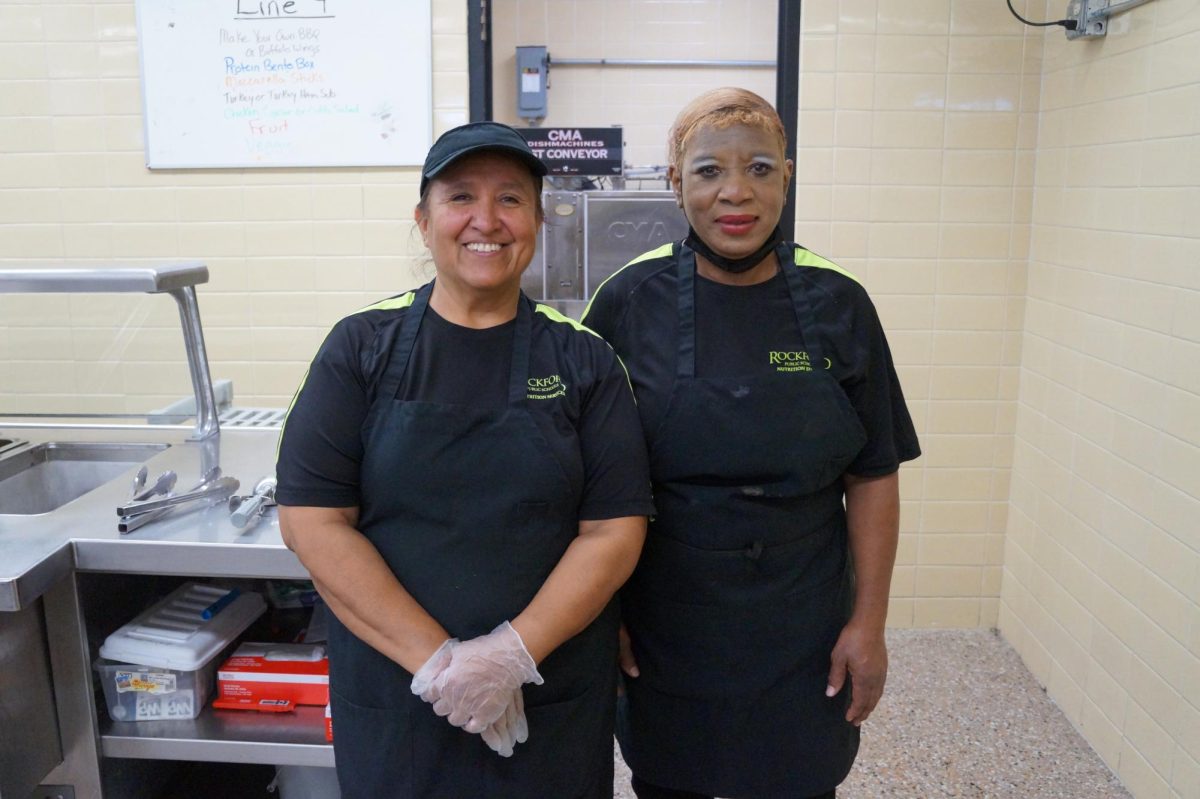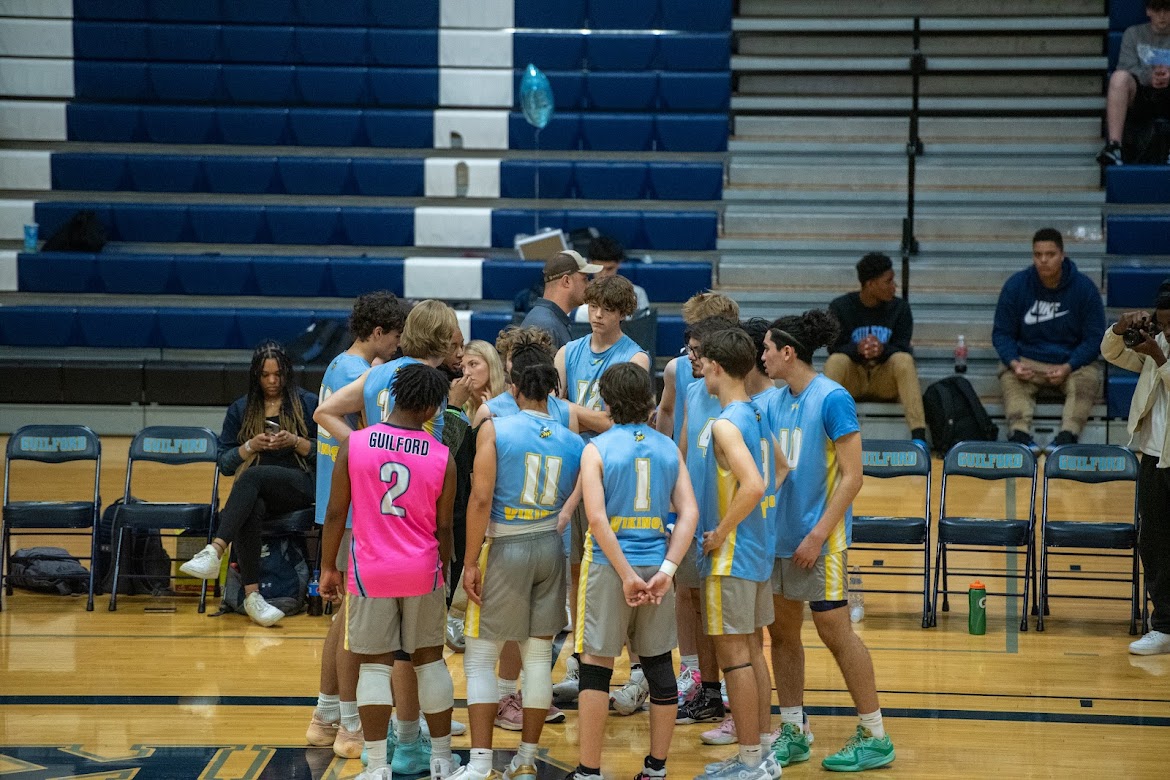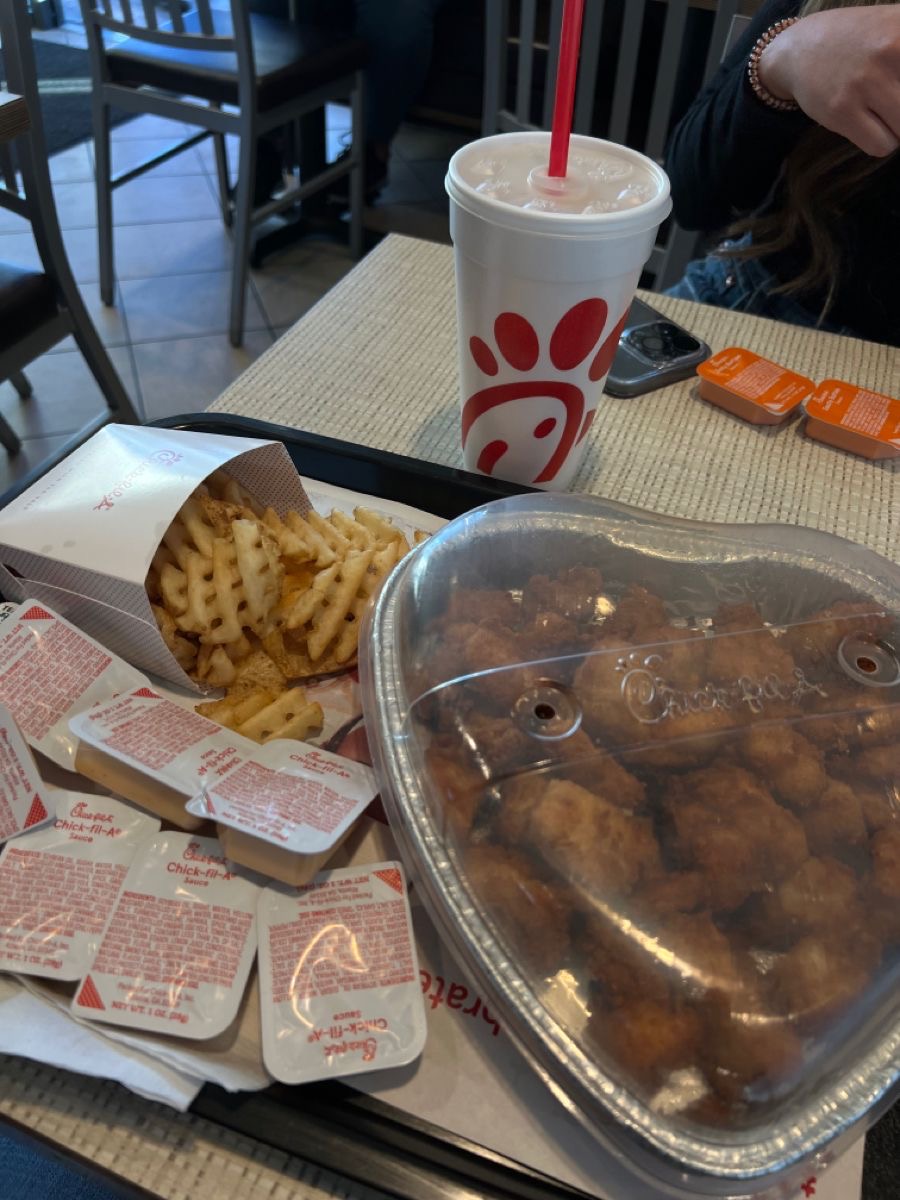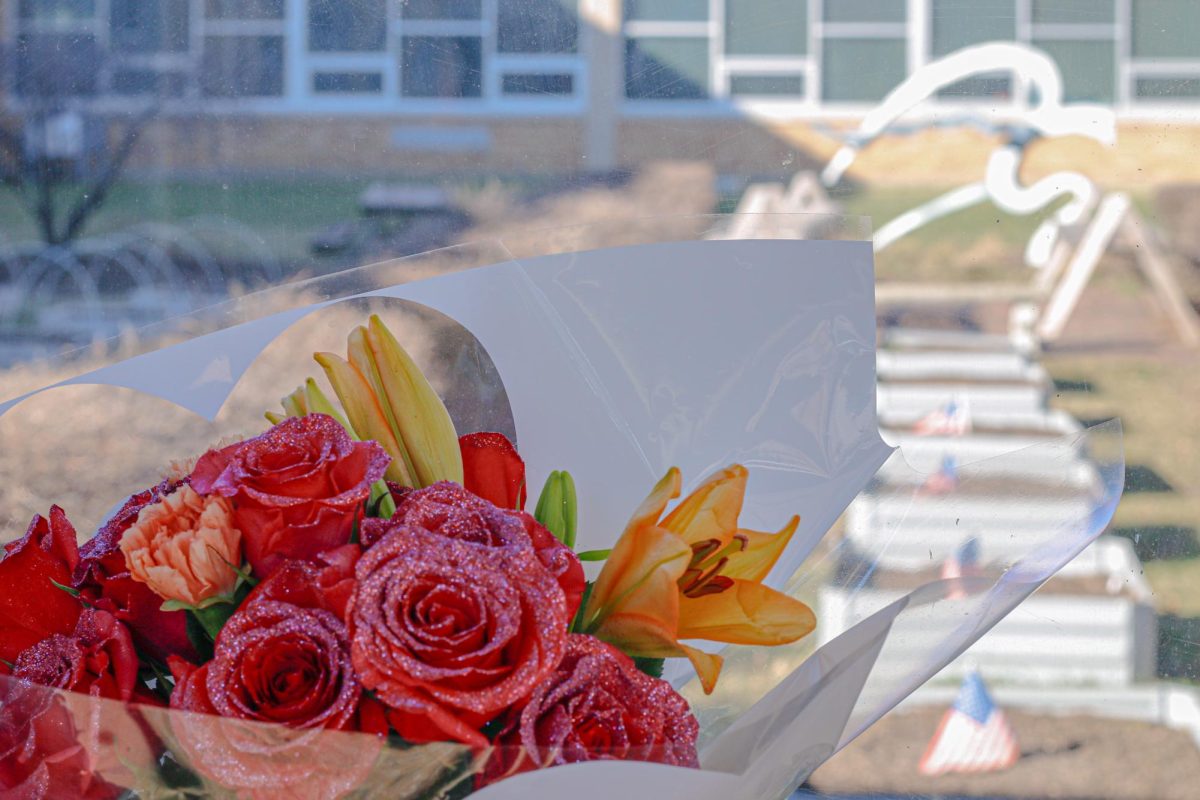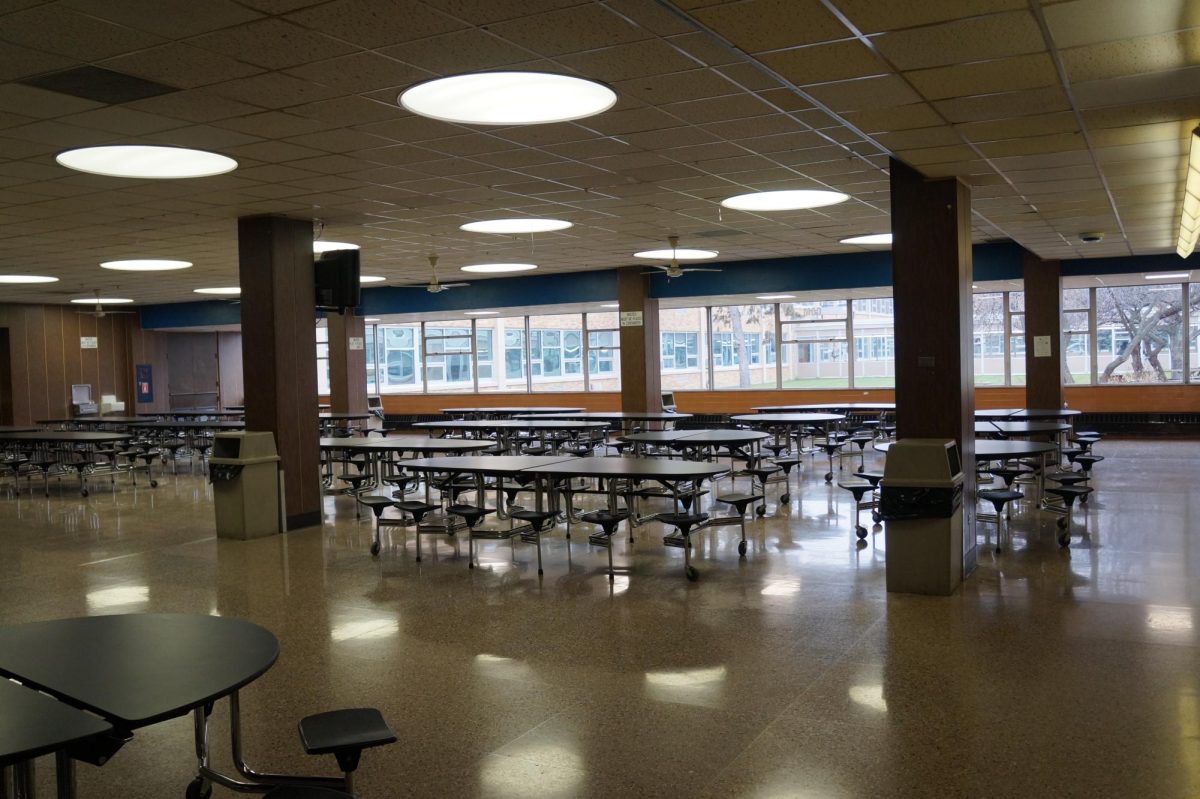In any high school in America, food plays an important role in students’ lives. There are many opinions on the GHS cafeteria food: some people think it’s good and eat it on a regular basis, while others disagree and don’t eat it. Some pay for their food and go out to eat, usually upperclassmen; however, not everyone does that.
“It’s a hassle to bring lunch from my house to school and eat over here, I’d rather just eat what is given here,” said Paola Escabar, sophomore. “I feel like it’s the same five things every week and I think they should change it up a bit.”
Most students agree, it can be stressful to pack a lunch everyday for school and make sure you walk out with it. However, there are things in the school lunch that students aren’t fans of.
“Something they can improve is making sure the vegetables are not being moldy,” said Anothony Maximo, sophomore.
There are a variety of lunch options, and the most popular one is the mozzarella sticks. Although they are the most popular in some opinions they still don’t really satisfy students.
“I think they should have more desserts,” said Azul Martinez, sophomore. “I don’t think it’s bad, I think it’s good, it all depends on the food honestly.”
The “lunch ladies” are the ones responsible for the students’ food; they are the ones serving and making the food. They play a big role here at school. Ms. Daisy Powell explained that the food is delivered weekly.
There are a total of ten ladies that work in the GHS cafeteria staff. Some have been working here for up to 25 years.
“I love my job, I love working with kids and it can be a little hard sometimes but it’s all worth it,” said Ms. Dianna Azson, who has been working at Guilford for 25 years. “So I can make sure they’re fed and not hungry.”
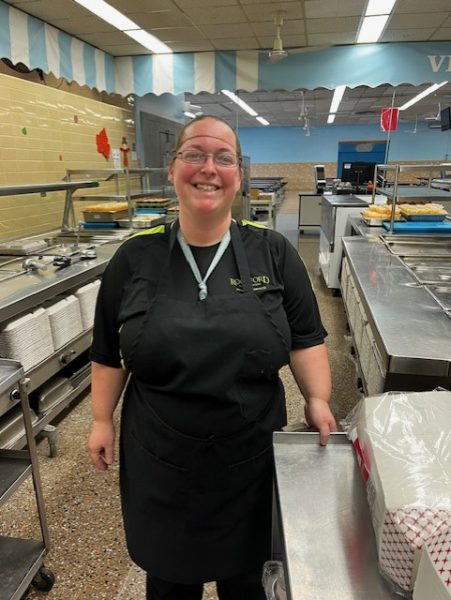
Not many students bring lunch from home; they’d rather buy something here at school. The vending machines are new this year and so far they are a hit.
“I think it’s good that we have vending machines; however, I think it’s bad also because the class that ran it doesn’t have that opportunity anymore,” said Shan Non, sophomore.


